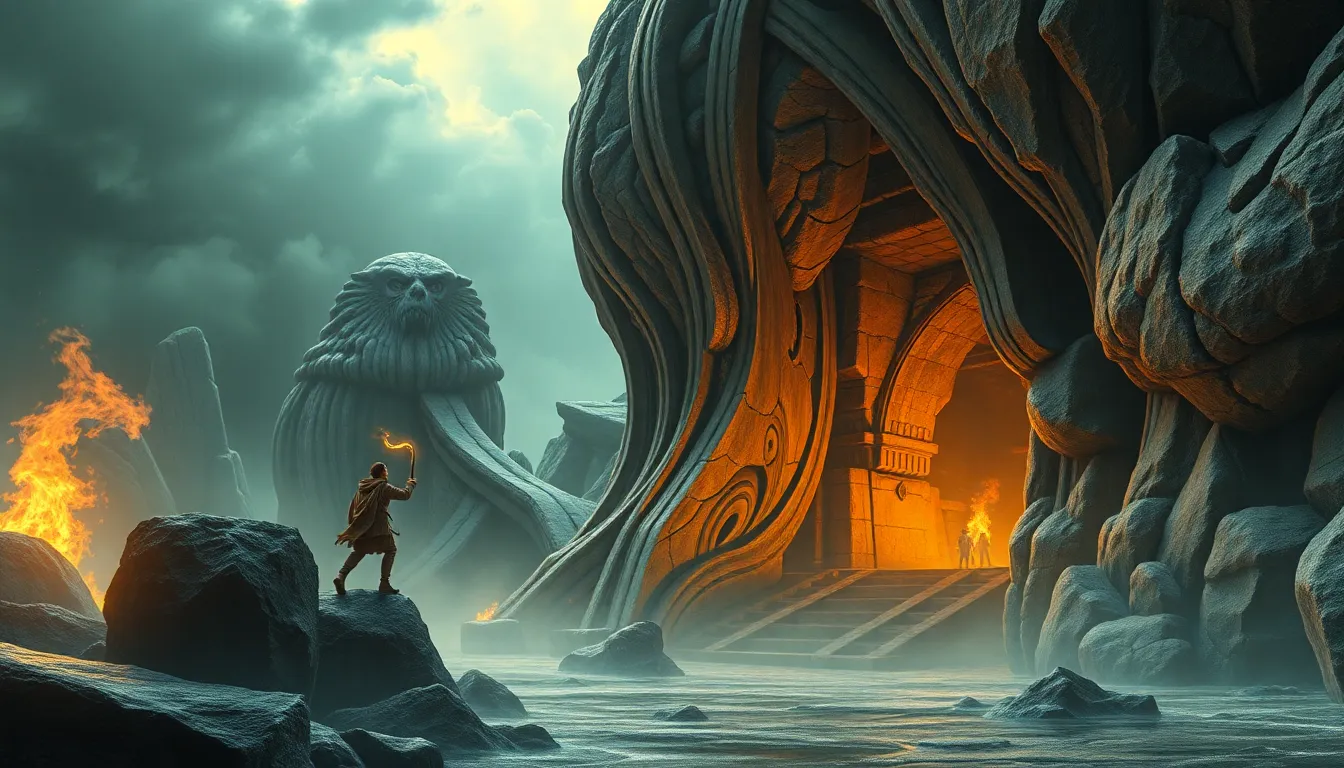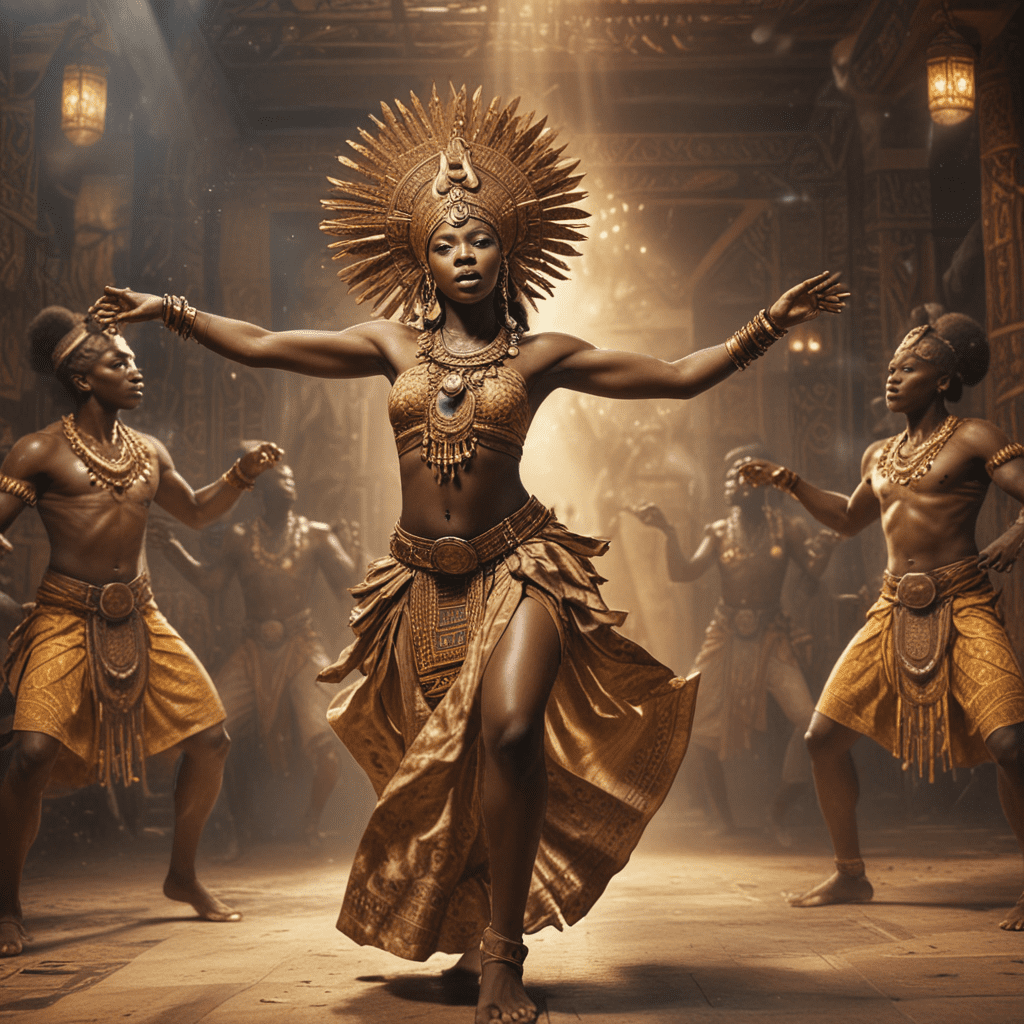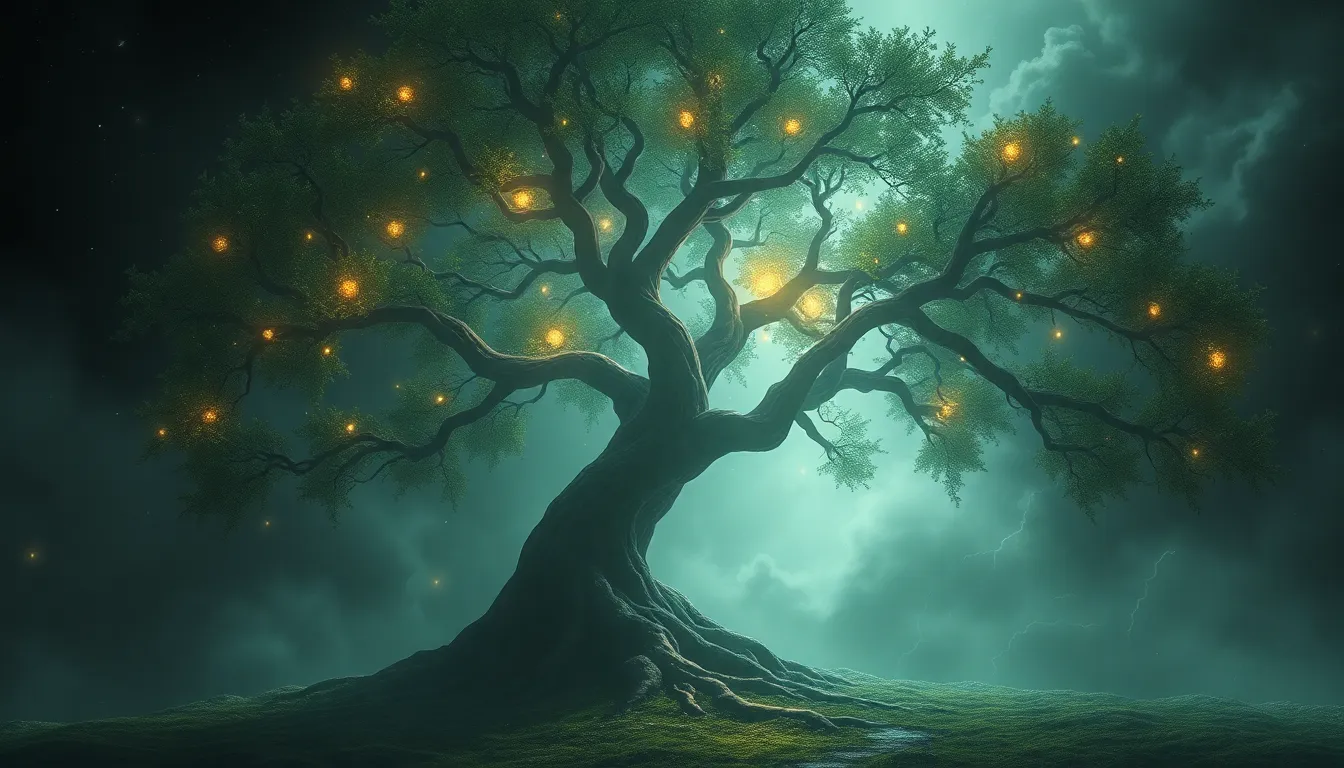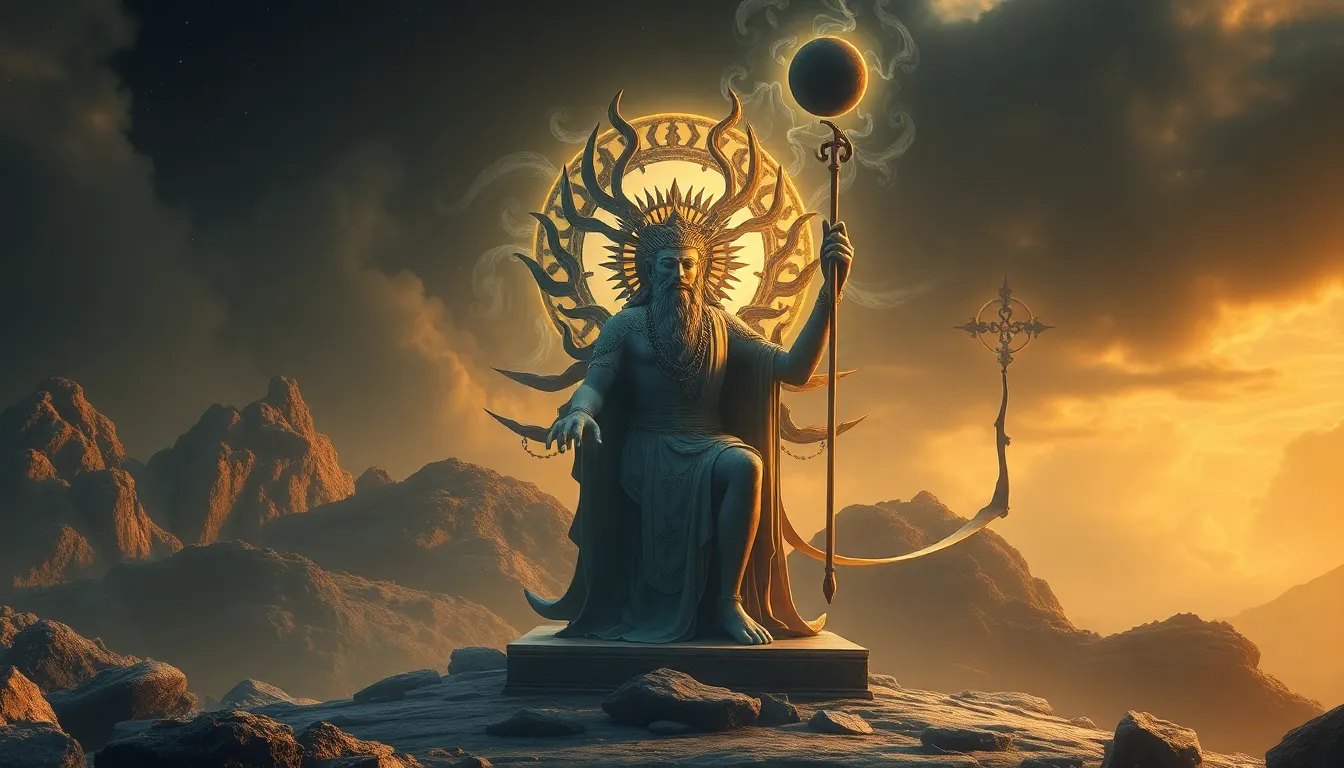The Mythical Forge: How Creation Myths Shape Our Understanding of Nature
1. Introduction to Creation Myths
Creation myths are traditional stories that explain the origins of the world and humanity. These narratives often provide insight into how different cultures understand their place in the universe and the forces that govern nature. Across cultures and time, creation myths have played a pivotal role in shaping worldviews, influencing everything from spiritual beliefs to societal norms.
These myths serve as a foundational narrative that informs a community’s values and ethics, particularly in relation to the natural environment. They encapsulate the relationship between humans and nature, highlighting the interconnectedness of all living entities.
2. Historical Context of Creation Myths
Creation myths have been present in human culture since ancient civilizations. From the Mesopotamians’ Enuma Elish, which describes the birth of the gods and the world from primordial chaos, to the Greek myths of Gaia and Uranus, these stories reveal much about the societies that created them.
- Mesopotamian Myths: The Enuma Elish describes the creation of the world from chaos through the actions of the god Marduk.
- Greek Myths: Theogony by Hesiod outlines the origins of the gods and the world, highlighting the importance of divine lineage and order.
- Indigenous Myths: Many Indigenous cultures have rich oral traditions that convey their relationship with nature and the cosmos.
Throughout history, creation myths have evolved, adapting to changes in societal values and environmental conditions, yet they often retain core themes that resonate across time and cultures.
3. Common Themes in Creation Myths
Upon examining various creation myths, several recurring motifs emerge:
- Chaos and Order: Many stories begin with a state of chaos, which is then transformed into an ordered world through divine intervention.
- Nature as a Living Entity: Many cultures view nature not merely as a backdrop but as a participant in the creation process.
- Duality and Balance: Concepts of balance between opposing forces, such as chaos and order, light and dark, are common in these narratives.
These themes emphasize the complex relationship humans have with nature, portraying it as both a nurturing force and a powerful entity that must be respected and understood.
4. Case Study: The Genesis Creation Narrative
The Judeo-Christian creation story in the Book of Genesis presents a unique perspective on nature and humanity. In Genesis, God creates the world in six days, culminating in the creation of humans in His image. This narrative establishes a hierarchical relationship between humanity and nature:
- Divine Creation: Nature is portrayed as a creation of God, emphasizing human responsibility towards it.
- Stewardship: Humans are tasked with caring for the Earth, which implies a moral obligation to protect the environment.
The implications of this narrative for environmental ethics are profound. It encourages stewardship but has also been interpreted in ways that justify exploitation of natural resources, highlighting the duality of its impact on human behavior towards nature.
5. Indigenous Creation Stories and Their Environmental Wisdom
Indigenous creation stories often reflect a deep understanding of the interconnectedness of all living beings. These narratives emphasize harmony with nature rather than dominance over it. Common elements include:
- Interconnectedness: Many Indigenous myths illustrate that humans are part of a larger web of life, where every creature and element has its role.
- Sustainability: These stories frequently contain lessons about living sustainably and respecting natural cycles.
The wisdom embedded in these narratives serves as a guide for contemporary environmental practices, advocating for conservation and respect for the Earth.
6. Creation Myths in Eastern Philosophies
Eastern philosophies also present rich creation narratives. Hindu creation myths, for instance, depict the cyclical nature of the universe, where creation, preservation, and destruction are part of an eternal cycle (samsara). In Buddhism, creation is often viewed as an illusion, emphasizing the transient nature of existence.
Daoist creation myths highlight the balance of yin and yang, illustrating harmony in the natural world. These philosophical perspectives convey a deep respect for nature, often viewing humans as an integral part of the cosmos rather than separate from it.
7. Modern Interpretations and Relevance
In contemporary society, creation myths continue to resonate. They are often reinterpreted to address modern challenges such as environmental degradation and climate change. Creation myths have become sources of inspiration for:
- Environmental Movements: Many activists draw on creation narratives to advocate for the protection of nature.
- Art and Literature: Artists and writers utilize these myths to explore themes of existence, identity, and the human-nature relationship.
These reinterpretations demonstrate the enduring power of creation myths to inspire action and reflection in today’s world.
8. Psychological and Sociological Perspectives on Creation Myths
Creation myths significantly impact collective identity and culture. They shape community values and influence behavior towards nature. Psychologically, these narratives provide frameworks for understanding existence and human purpose:
- Identity Formation: Myths contribute to a sense of belonging and cultural identity.
- Behavioral Influence: They can shape attitudes towards environmental conservation, often promoting respect and care for nature.
Case studies of communities driven by creation myths reveal how these stories can foster a strong sense of stewardship and responsibility towards the environment.
9. Challenges and Critiques of Creation Myths
Despite their significance, creation myths face challenges in the modern context. They often clash with scientific explanations of the world, leading to tensions between mythological narratives and empirical understanding:
- Scientific Phenomena: Creation myths may not adequately explain natural events, leading to misconceptions.
- Harmful Beliefs: Some myths can perpetuate harmful attitudes towards nature, justifying exploitation or neglect.
Critiques encourage a reevaluation of these narratives, advocating for a synthesis of mythological wisdom and scientific understanding.
10. Conclusion: The Enduring Legacy of Creation Myths
Creation myths continue to hold significant relevance in understanding our relationship with nature. They encapsulate core human values, provide ethical frameworks, and inspire action towards environmental stewardship. As we navigate modern challenges, it is essential to re-evaluate these myths, drawing lessons from their wisdom while integrating scientific knowledge.
In summary, creation myths are not mere stories of the past; they are living narratives that shape our present and future interactions with the natural world. By understanding and respecting these myths, we can foster a more harmonious existence with nature.




